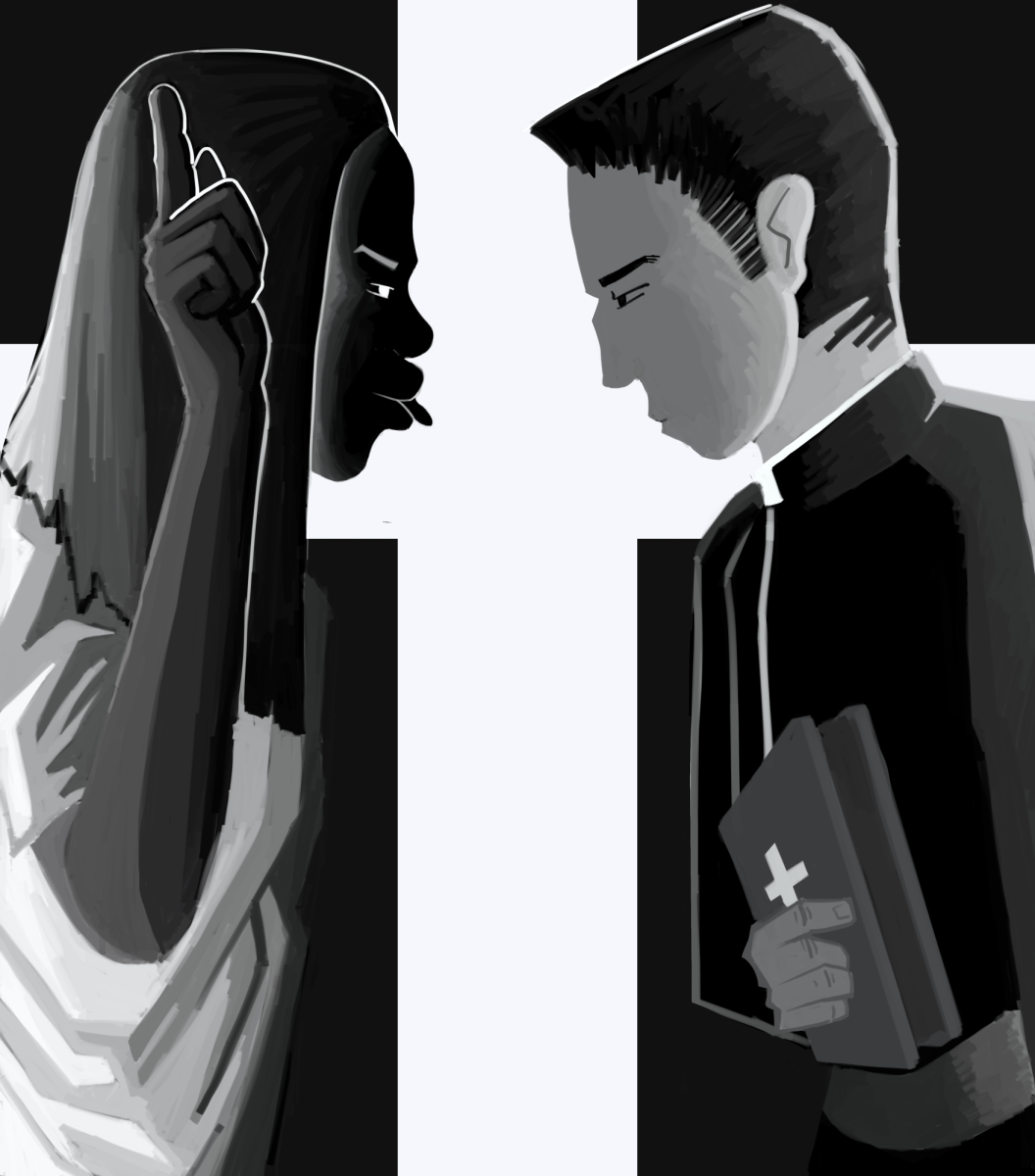A dark trend has emerged in the music industry: Religion is deemed an “aesthetic” and has lost its spiritual foundation in return for offensive mockery. Artists following the trend are increasingly exploiting the concept of religion to build their own brand without considering the massive disrespect brought to religious communities.
Recent controversy stems from Lil Nas X, a young rapper and singer notorious for his lewd and often biblically themed style. The artist’s newest single, released on Jan. 12th, “J Christ,” has a cover displaying himself lying on a cross, imitating the Catholic crucifix. His music video follows suit in controversial depictions reenacting biblical events, and comparing himself to those figures.
This parallel mimics the treasured biblical story of Christ’s rebirth and morphs it into an announcement of the artist’s return to the industry. Sacred religious stories and beliefs should not be recreated, as it disparages Christian beliefs and perpetuates the growing belief that celebrities are divine beings.
The “J Christ” cover and music video mirrors Lil Nas X’s past visual displays, such as the “MONTERO” music video from 2021, which follows Lil Nas X from the Garden of Eden to a vulgar scene in hell. Although the artist claims to use Jesus’s image to alleviate the weight of his past negative religious experiences, the display comes off as insensitive and insulting to the cross’s true significance for many Christians.
The artist’s defense seems especially ingenious as he has a history of including satanic symbols in his branding, particularly a pair of Nike shoes coined “Satan Shoes,” riddled with anti-Christian emblems such as “the devil’s number” and an inverted cross. Lil Nas X references a verse of scripture on the shoes, which when paired with the satanic messaging, is a clear ridicule of Christianity. Incorporating religious symbols into fashion pieces for the simplistic motive of upholding a trendy public image makes Christianity appear as a “style” rather than a meaningful part of one’s identity.
Other popular artists have also followed similar trends with questionable Christian presentation, such as Sabrina Carpenter filming segments of the music video for her pop hit “Feather” portraying a Catholic Church as a graveyard. Singers Doja Cat and Sam Smith have also adopted satanic centered imagery, a concept dating back several decades with artists such as Madonna and the rock band Nine Inch Nails.
The music industry is a vast place for self-expression, and although the creative freedom of artists is crucial to their craft, this should not be at the expense of religions and their followers. To prioritize art over respect is unethical, and creates a poor portrayal of artists rather than the “stylistic” image they desired.
The growing trend of public religious mockery reflects negatively on the artists that create such music and the industry that allows it. Blatant disrespect for spiritual beliefs only fosters disharmony and tension, and encourages people to repel themself from the industry.






























































